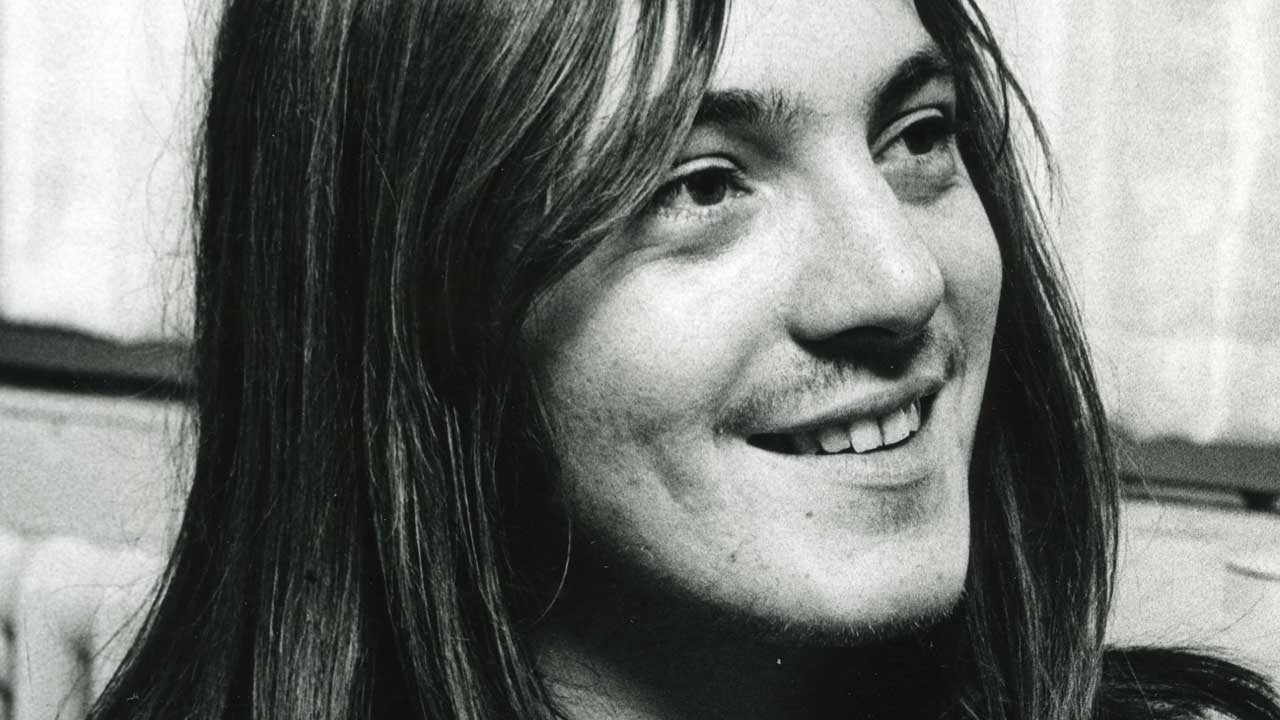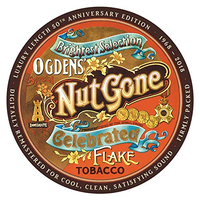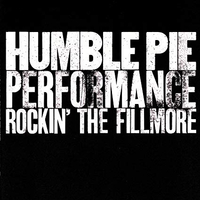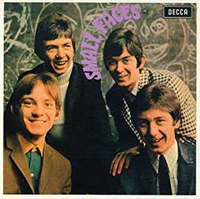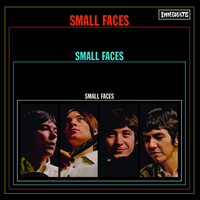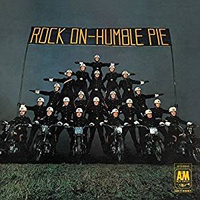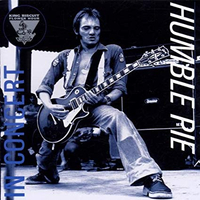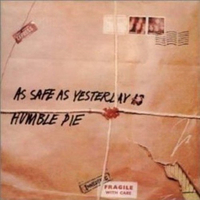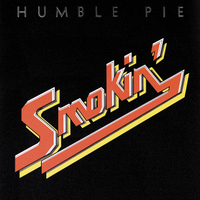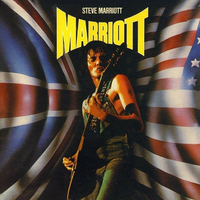Steve Marriott was always going to be a star. By the age of 13 he was playing in bands around his native East London and appearing in the West End production of Oliver!, his hyperactivity an ideal fit for his role as the Artful Dodger. It was a presence he brought to bear on the Small Faces, the band he co-founded with fellow songwriter Ronnie Lane in 1965.
Along with drummer Kenney Jones and organist Ian McLagan, the quartet quickly became totems of the emergent mod culture, assimilating the hard grooves of American R&B and soul into a British vision of sharp suits and laddish bonhomie.
Both Marriott and Lane were unusually gifted songwriters, creating some of the most enduring 60s classics in the shape of Itchycoo Park, All Or Nothing, Tin Soldier and Lazy Sunday. But it was Marriott’s blue-eyed soul voice that set him apart. The Stones, The Who and the Sex Pistols were just a few who acknowledged his influence.
Marriott effectively broke up the Small Faces after a stormy gig in 1968, throwing his guitar to the floor in frustration at what he perceived as the group’s inability to break into more demanding artistic territory. While the others would go on to form The Faces, Marriott co-founded Humble Pie with Peter Frampton, Greg Ridley and Jerry Shirley, and cast off his past glories in favour of a much heavier brand of riff-centric blues rock.
Overshadowed by 70s contemporaries such as Led Zeppelin and The Who, Humble Pie were nonetheless a blistering proposition, especially live. America became their stronghold as the decade progressed, and they crammed in more than 20 US tours in one four-year period.
Humble Pie’s golden era was over by 1975. So, too, was Marriott’s. Divorced, hobbled by debt and with a serious drug and alcohol habit, he made a token attempt at a solo career before ill-fated reunions with both the Small Faces and Humble Pie. His final years saw him return to his roots in the pubs and clubs around London, fronting bands including Packet Of Three and The DTs.
Tragically, Marriott died in a house fire in 1991, having fallen asleep with a lit cigarette. “Though he could be hell to be around, he had a pure heart and I loved him as a brother,” McLagan wrote in his memoir, All The Rage. “He never stopped rocking.”

